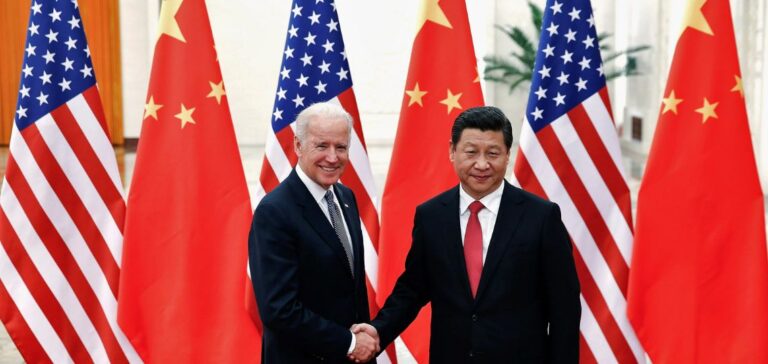China and the United States agreed to facilitate a successful COP27 in Egypt, despite key differences.
Crucial efforts
China and the United States were present in Bali, Indonesia, for the G20. Joe Biden and Xi Jinping met in person for the first time in three years at the summit. While official statements carried different emphases on the meeting, both leaders are keen to mend frayed ties.
Joe Biden says the United States and China should work together to address transnational challenges. The US President focuses on climate change, global macroeconomic stability and food security. In addition, Joe Biden also mentioned health security.
Xi Jinping says China and the U.S. should devote efforts to expanding the list of collaborative programs. The Chinese Foreign Ministry says the two leaders agreed to jointly facilitate a successful COP27. However, China does not explicitly announce the resumption of climate dialogues outside of COP27.
Remaining differences
China is concerned about the“barriers” erected by the United States that target Beijing. Chinese authorities believe they are impacting various decarbonization technologies. In addition, they also affect low-carbon products, such as photovoltaics or electronic chips.
Chinese President Xi Jinping, in a statement from the Chinese Foreign Ministry says:
“Trade wars, technology wars, deliberately built “walls and barriers,” the unreasonable push to decouple and disrupt global supply chains…all disobey the basic rules of the market economy and disrupt the rules of international trade. Ultimately, this will harm others and not benefit oneself.”
On the other hand, he believes that China and the United States should not play a zero-sum game. However, the United States will continue to compete with China, particularly by aligning its efforts with those of its allies. Thus, for Joe Biden, this competition must not degenerate into conflict and the two countries must keep the dialogue open.






















